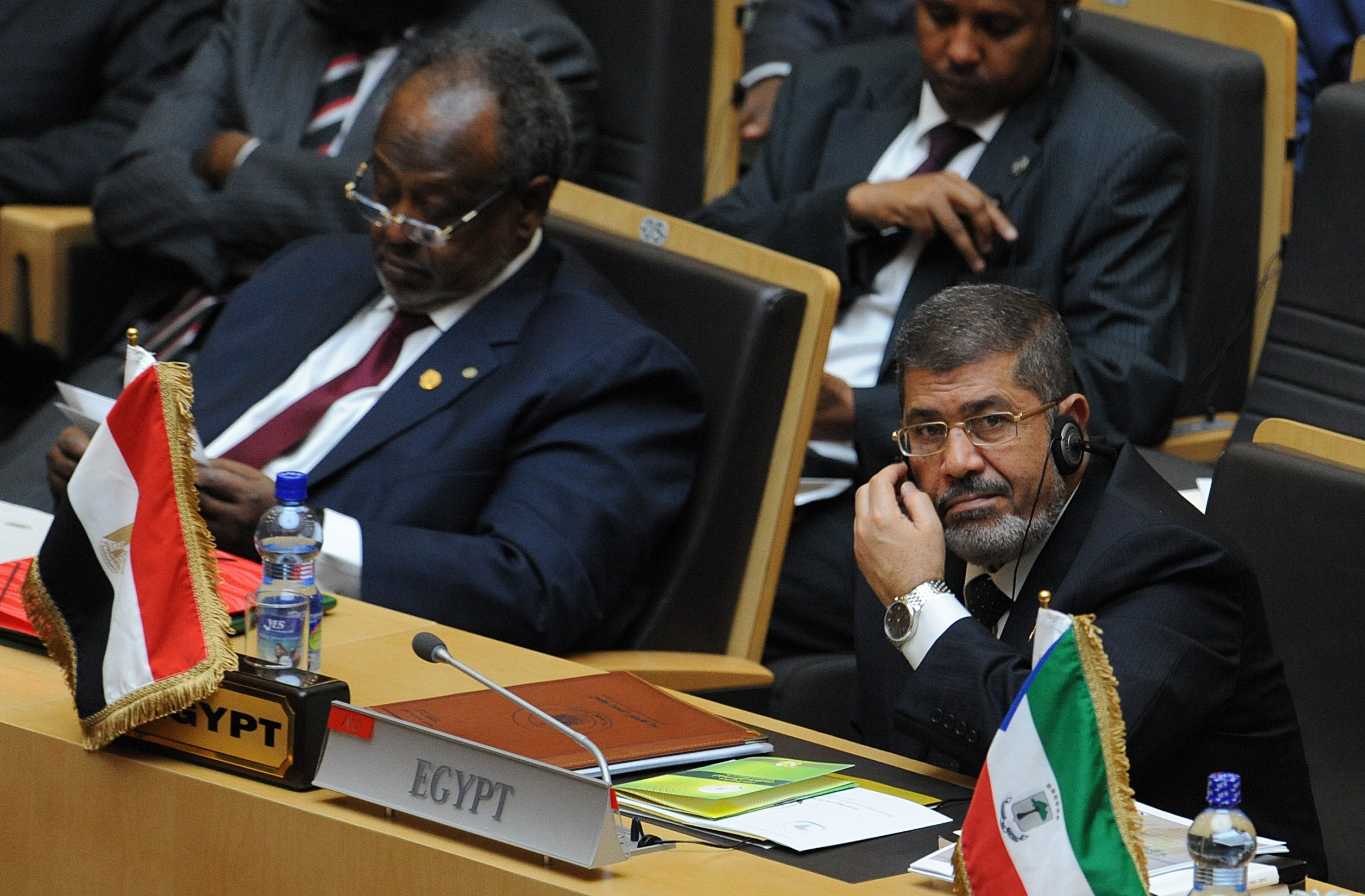People who follow Iranian political affairs are left puzzled over the recent wave of “Islamization” policies to enforce “morality” and “modesty” in public and private spheres.
These measures, which can be violent at times, include police patrolling the cities stopping and arresting people who have not dressed “modestly” enough. This is a politicized religious vision based on the state’s ideology, which not only attempts to standardize mass behavior but also aims to shape collective consciousness.
These policies attempt to “Islamize” people even if only cosmetically and forcefully destroy the boundaries between public and private. They are unpopular with a large segment of the population, particularly among the young people living in the urban centers. The unpopularity of these measures are known to people in the corridors of power. Some actors even used them as a powerful instrument for highly political ends in the past. For example, before the major elections, these state activities usually stop, and some candidates include pledges for lifestyle freedom in their manifestos in order to rally mass support. In the last few presidential elections these issues were quite important and ironically, even Ahmadinejad pledged to give more cultural freedom in this, in his first election.
However, now the political situation is drastically different from the pre-election era. In addition to the increasing external pressure, internally the situation is problematic to the point that at the beginning of the year some observers went as far as to speculate that the Islamic Republic may not stay intact for much longer. These internal political crises started with the presidential election last year, which was like a paradigm shift . It was a point of departure for a chain of ongoing events, which have threatened the Islamic Republic more than anything since its establishment in 1979. The set of events following the election has been coined a “fitneh” (conspiracy) by people right at the top of the pyramid of power. Time after time, they have admitted that the consequences of the election was even more dangerous for the Islamic State than the Iran-Iraq war, which cost more than one million lives in one of the longest interstate conflicts in the 20th century.
At a time when the ruling regime is under tremendous pressures, there is no obvious explanation for using the iron fist to impose these policies, which will alienate more people and destroy more bridges behind the Islamic State. Are these policies simply the continuation of the previous state measures? Or are they the result of the recent shift in the balance of power?
The first and most obvious explanation is related to Ideology, which constitutes the general edifice of the Islamic Republic. After all, it came to power with a mandate of Islamization and as a religio-political ideology cannot be indifferent to the private sphere. These policies have been enforced differently under different administrations; for example, during the eight years of president Khatami these measures were imposed with less zeal.
However, the recent state policies, which entail a more zealous imposition of “Islamic” codes of conduct can also be related to recent political shifts, which have affected the balance of power in Iran. Prior to the election some of the policies were conditioned by political factionism. There were various conflicting segments exerting their influence ‘within’ the system. The election resulted in further polarization and strengthened the binaries of “insiders” vs. “outsiders”. The post-election political dynamics practically turned the former “insiders” into the “enemies of the revolution”. Now, the new ruling regime is less inclined to consider the political segments that are no longer part of the system.
Most of the people who are pushed to be “foutsiders” are often associated with a more liberal approach, particularly towards lifestyle issues. Now It seems in an over-heated political situation, the “insiders” are using such policies as a form of political indication to prove their supremacy. They are showing that they are fully in control and that they are capable of undermining the liberal discourse of reformism. Hence, these are symbolic gestures by the hard-liners, as they do not have to tolerate any form of liberalism,which is often associated with the “deviant” reform camp. They base their political identity on a certain reading of Islam, which puts the Supreme Leader at the forefront of everything, and now they symbolically want to show that they are in charge.
In a climate in which the legitimacy of the ruling system is in question, the hard-liners are using any measures to flex their muscles at the opposition, which enjoys the mass support in a newly formed “Green Movement”.
After the major electoral fraud and its violent repercussions the legitimacy of the hard-liners is compromised to the point that they no longer can rule by consent, they have to rely on fear to maintain their monopoly over power.
Hence, these policies pave the way for further terrorization, when the police and the “guardians of morality” are constantly patrolling the cities, exercising power and reminding people about the iron fist of the state. These violent exercises nourish fear in society and give the state a pretext to brutalize people over their personal affairs.
However, fear as a means of social control is a double-edged sword for any authoritarian state. It can repress, but at the same time it creates silent potential for triggering a social explosion beyond the capability of the state to control.
Although these measures are symbolically portraying the uncompromising domination of the hard-liners in public and private spheres, they are throwing oil on the fire. The lack of cultural freedom over basic lifestyle issues as well as the ongoing violation of human rights, corruption, high inflation, unemployment and a political system which is increasingly moving towards monocracy are turning the country into a ticking bomb.
Afshin Shahi is a doctoral candidate at the School of Government and International Affairs at Durham University. You can contact him at [email protected]

